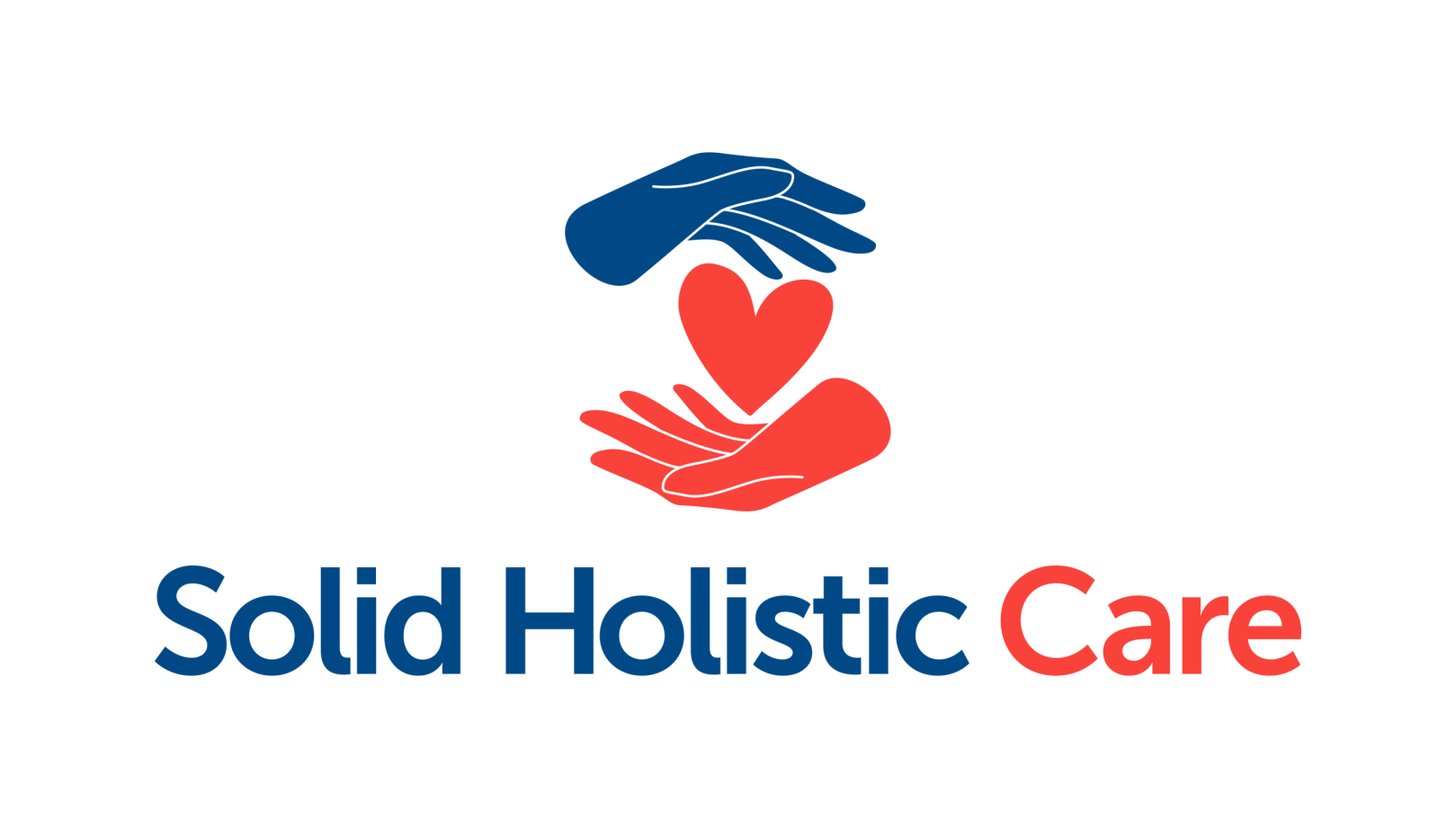Newcastle, Hunter & Lake Macquarie
NDIS Psychosocial Disability Support
NDIS Psychosocial Disability Support is a form of support that individuals receive when they experience a mental health condition affecting their social, emotional, and psychological well-being. Now, this support is crucial because it helps meet the unique needs of individuals, recognizing the diversity of psychosocial disabilities.
These disabilities vary from mood disorders like depression and anxiety to severe conditions like schizophrenia. It’s important to note that each person’s lived experience differs, and that’s why Solid Holistic Care’s person-centred care is vital in the provision of psychosocial disability support. We need to understand each individual’s unique needs and preferences to offer effective support.
Frequently Asked Questions
What is psychosocial disability?
Psychosocial disability refers to a condition in which an individual’s mental health issues significantly impact their ability to engage in everyday activities and participate fully in society. It may result from conditions like schizophrenia, bipolar disorder, severe depression, and anxiety disorders, among others.
What is psychosocial disability support?
Psychosocial disability support encompasses a range of services and interventions designed to assist individuals with psychosocial disabilities in managing their symptoms, improving their overall well-being, and participating in their communities. This support can include therapy, counseling, medication management, social skills training, and assistance with daily activities.
How is psychosocial disability support provided?
Psychosocial disability support is provided through a collaborative approach involving mental health professionals, caregivers, and support workers. Depending on the individual’s needs, support can be delivered through one-on-one counseling sessions, group therapy, community programs, residential care, and employment assistance. The goal is to tailor the support to the individual’s unique needs and preferences.
What is the role of caregivers in psychosocial disability support?
Caregivers play a crucial role in psychosocial disability support by providing emotional support, assisting with medication management, helping with daily tasks, and promoting community engagement. Caregivers often work in tandem with mental health professionals to create a supportive and structured environment that contributes to the individual’s well-being and recovery.
Barriers to Accessing Support
Barriers to accessing your NDIS Psychosocial Disability Support can prevent individuals from receiving the help they need. Stigma and discrimination can be a major issue for those living with psychosocial disabilities, as they may be judged or discriminated against because of their condition. This can lead to feelings of shame and isolation and make it even harder for them to access support. Another challenge is a lack of awareness and understanding among healthcare providers and the general public. Many people are unaware of the unique needs of individuals with psychosocial disabilities, making it difficult to find appropriate support.
This lack of understanding can also contribute to a lack of empathy towards those with psychosocial disabilities. Financial and geographical barriers can also be significant hurdles for those seeking NDIS psychosocial disability support. The cost of treatment and support services can be prohibitively expensive, while living in rural or remote areas can make it challenging to access these services.
However, with the right support, individuals with psychosocial disabilities can live fulfilling lives and contribute to their communities. By addressing these barriers and promoting a more inclusive society, we can help ensure that everyone has access to the support and care they need.
Understanding the Unique Needs of Individuals
When it comes to NDIS psychosocial disability support, it’s important to understand the unique needs of each individual. Person-centred care is crucial to ensure that the support provided aligns with the goals and preferences of the person receiving it. This means considering the person’s cultural background and experiences, as well as their trauma history, if applicable. Cultural considerations are especially vital in a multicultural society like ours, where individuals from different backgrounds may have varying expectations of the support they receive. Trauma-informed care, on the other hand, recognizes the role of trauma in an individual’s life and provides support that is sensitive to the impact it has on their mental health.
By taking a holistic approach to NDIS psychosocial disability support and focusing on the unique needs of each individual, Solid Holistic Care can make a meaningful difference in the lives of those we support.
It’s important to remember that effective support isn’t a one-size-fits-all solution, but rather one that is tailored to each individual based on their unique needs and circumstances.
We are always mindful of the person behind the disability and provide them with the person-centred care, cultural considerations, and trauma-informed support they deserve.
Effective Approaches to Support
Effective approaches to support individuals with psychosocial disabilities include collaborative care, recovery-oriented practices, and early intervention and prevention. Collaborative care involves a team-based approach where mental health professionals, medical practitioners, support workers, and individuals work together towards the person’s recovery goals. Recovery-oriented practices prioritise the individual’s needs, strengths, and preferences, making them active participants in their recovery journey. It considers the biological, psychological, and social factors that contribute to mental health.
Early intervention and prevention strategies aim to identify and address psychosocial disabilities in individuals at an early stage. It focuses on risk factors that contribute to mental health conditions and implements measures to prevent their occurrence. These approaches not only address the symptoms of mental illness but also promote holistic recovery and enhance community integration.
It requires a shift from a narrow medical model to a social model of care that prioritises the individual’s unique needs, circumstances, and preferences. It’s crucial to explore and adopt these approaches in our current mental health system to meet the unique and diverse needs of individuals with psychosocial disabilities.

Supporting Individuals in their Communities
Supporting individuals in their communities (such as community access) is crucial to ensuring their mental well-being and holistic development. Social inclusion is an essential aspect of psychosocial disability support, and it facilitates a sense of belonging and acceptance for individuals. Enabling access to education and employment opportunities can help individuals showcase their skills and talents, promoting confidence and self-esteem.
Providing appropriate housing and accommodation based on individual needs and preferences can improve their quality of life significantly. However, supporting individuals in their communities requires a collaborative effort from the community, including neighbours, employers, and service providers. They need to be informed and educated about the unique needs of individuals with psychosocial disabilities. This will facilitate an environment of understanding and acceptance and enable individuals to lead fulfilling and meaningful lives. It is also essential to recognize and address the barriers to community inclusion, such as stigma and discrimination. Individuals with psychosocial disabilities face significant misconceptions and biases, often resulting in rejection or exclusion.
By adopting a person-centred approach, which recognizes their individual experiences, strengths, and needs, Solid Holistic Care can develop appropriate supports and opportunities that can help overcome these challenges.
Overall, supporting individuals with psychosocial disabilities in their communities is essential to achieving their holistic development and mental well-being. We work collaboratively and adopt a person-centred approach that prioritises social inclusion, access to education and employment, and appropriate housing and accommodation, we create a more inclusive society that benefits us all.
Contact the team at Solid Holistic Care today on (02) 4044 1982 to learn more about NDIS psychosocial disability support, alternatively fill out the form below and we’ll get back to you as soon as possible in regards to your support request.
Multi-Lingual Team
Flexible Care Plans
rigorous screening
cultural match
Enquire now
Send Us A Message
"*" indicates required fields
Alternatively, call 02 4044 1982 to talk to a team member now.
